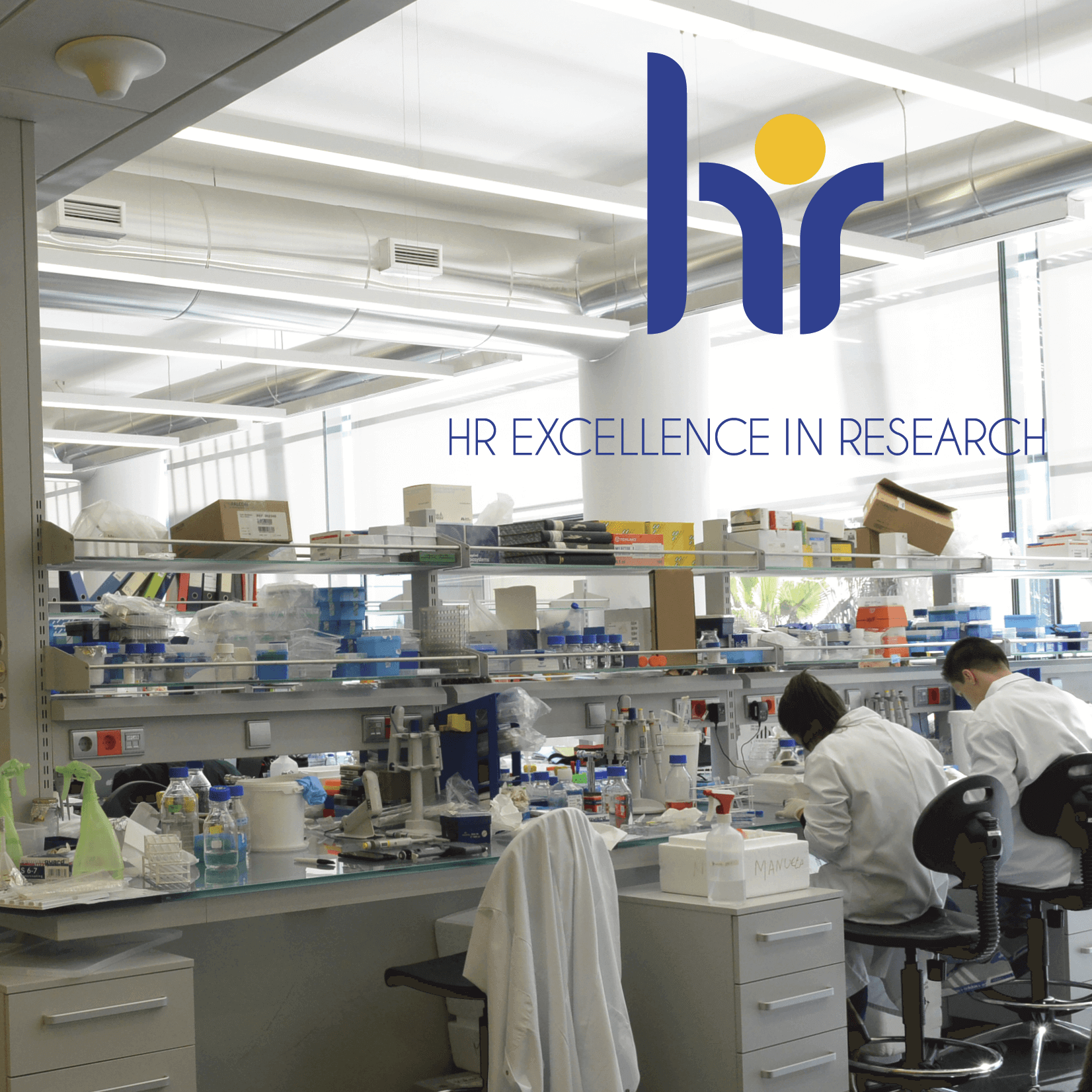20 April 2023
2023 European Researchers' Night
The second edition of the European Researchers’ Night (ERN), organised by the RAISE - Researchers in Action for Inclusion in Science and Education consortium will be held on the 29th of September 2023 and will, once again, take place at the Champalimaud Foundation (Lisbon).
The main goal of this public event, organised by consortium partners, Native Scientists, Champalimaud Foundation and Instituto de Medicina Molecular, is to promote, actively and effectively, diversity and inclusion in science and education.
13 April 2023
One brain, multiple and simultaneous alternative decision strategies
A study published today, April 13th, in the journal Nature Neuroscience provides a surprising answer to this question by showing that, rather than committing to a single strategy, the brain can compute multiple alternative decision strategies simultaneously.
The study, led by Fanny Cazettes and senior authors Zachary Mainen and Alfonso Renart, at the Champalimaud Foundation in Lisbon, Portugal, performed a specially-designed experiment which used a kind of “virtual reality” setup for mice, in which the animals were tasked with searching for water in a virtual world.
Science: between literal and metaphorical meanings
Modern scientific endeavours are often guided by the positivistic ideal of obtaining a neutral, detached point of observation from which truths about the world can be deduced and believed to hold independently of the socio-political context in which they were obtained.
10 Feb. 2023
Senior Technician position at the Behavior and Metabolism Laboratory (ST Ribeiro Feb2023)

Application Starts: 10 Feb. 2023
Application Ends: 24 Feb. 2023
Champalimaud Foundation (Fundação D. Anna de Sommer Champalimaud e Dr. Carlos Montez Champalimaud), a private, non-profit research institution in Lisbon, Portugal, is looking for a Senior Technician to join our team at the Champalimaud Research Program.
The selected candidate will
Develop and use behavioral tracking systems combined with computational approaches and Drosophila neurogenetics to analyze the impact of neuronal and cell specific molecular manipulations on foraging computations.
Research Field
Neurosciences
06 February 2023
Study suggests the brain works like a resonance chamber
It’s been over 20 years since neuroimaging studies – using functional magnetic resonance imaging (fMRI), a widely-used technology to capture live videos of brain activity – have been detecting brain-wide complex patterns of correlated brain activity that appear disrupted in a wide range of neurological and psychiatric disorders. These patterns form spontaneously, even at rest when no particular task is being performed, and have been detected not only in humans but also across mammals, including monkeys and rodents.

